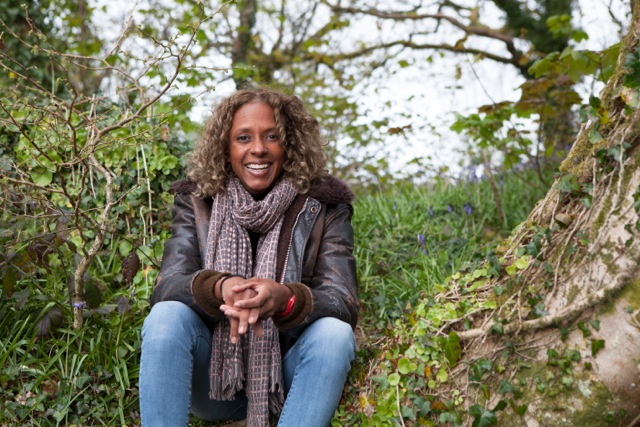“The journey starts small,” was how I began my very first column for BBC Wildlife in November 2021. Today, as I begin my last column, the blinking cursor on the empty page is daring me to a big finish but my mind draws a blank.
As a science and natural history communicator, my most public-facing role has been to celebrate Britain’s wildlife. I was often asked what I thought was the best thing about British nature and I would quip that I could go for a walk and not worry about getting eaten (I love predators but not when I’m on the menu).
As much as this makes for lovely Sunday walks, the absence of any natural apex predators – coupled with industrial farming, road expansion, increasing urban sprawl, forever chemicals, river pollution and so on – means Britain is one of the most nature-depleted countries in the world, and last among the G7 nations.
A bleak summation but with beacons of hope. I have had the privilege of travelling the length and breadth of the country to cover stories of natural recovery. These have ranged from the tiny St Piran’s hermit crab finding its way back after one of the worst oil spills in the UK, to the transformation of former coal-mining sites from post-apocalyptic scenes to thriving wetland habitats, as was the case at RSPB Fairburn Ings. With more stories such as these (plus a generous dollop of political will), bog-standard post-industrial Britain could claw its way back from the bottom of the league table to become the greatest island laboratory for nature’s recovery.
On the other hand, indigenous peoples steward at least 37 per cent of remaining natural lands, with the lowest levels of ecological disturbance worldwide, including one-third of the world’s intact forests. Yet they make up only 6.2 per cent of the global population. The numbers alone tell me that we have more to learn from our indigenous brothers and sisters about protecting the Earth than they do from us. Perhaps it’s time to ask for their help.
I take myself outdoors, knowing this to be a cure, for me at least, for writer’s block. A pool of late spring sunshine draws me into an otherwise unremarkable corner of the garden, where some paving stones butt against the shed. I notice a single branch of ivy making its way along virgin territory, the tiny new leaves unfurling tentatively like pioneers into the unknown.
A winter’s worth of wind has gathered a stack of leaf skeletons, the lignified fibre remains of last autumn’s drop, to create some welcome cover for a few worker black garden ants that are calmly scouting the area. A common sun-jumper spider, its bright yellow legs adding a pop of colour to the shadows, stalks them in patient pursuit.
As I watch all these creatures getting on with the business of staying alive, my ego does a slow fade and, for a blissful moment, I simply exist alongside the ivy, the ants, the spider, the moss, the lichen… in fact, with all life. And there it is, my big theme, nature connection – but nature connection that is more than a hobby, a research project or part of a bucket list, rather a way of being in a state of true parity with all life.
Understanding that we are nature, and that we have everything to gain from nature’s recovery, is the critical piece of the puzzle if we are to change the current climate and ecological trajectories.
It has been a pleasure and an honour writing this column. Thank you to the editorial team, who have been brilliant, and of course thank you for reading.
Read more of Gillian's columns here:
- “Solar farms help fight the climate crisis, but what about the nature crisis?” asks Gillian Burke
- How do wild animals alter their behaviour when living in close proximity to humans?
- "People still believe there’s a ticking human population time-bomb," says Gillian Burke
- Gillian Burke: why seeds hold the secret to life
Top image: London skyline. Credit: Getty


